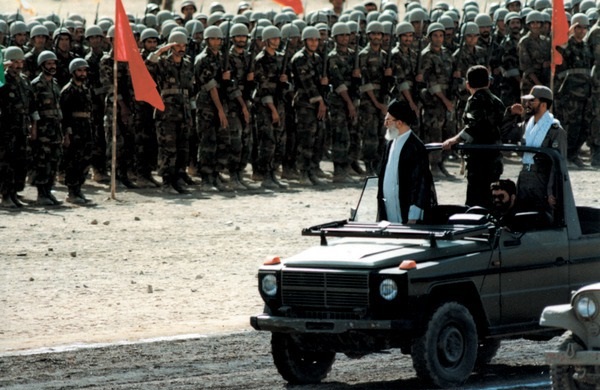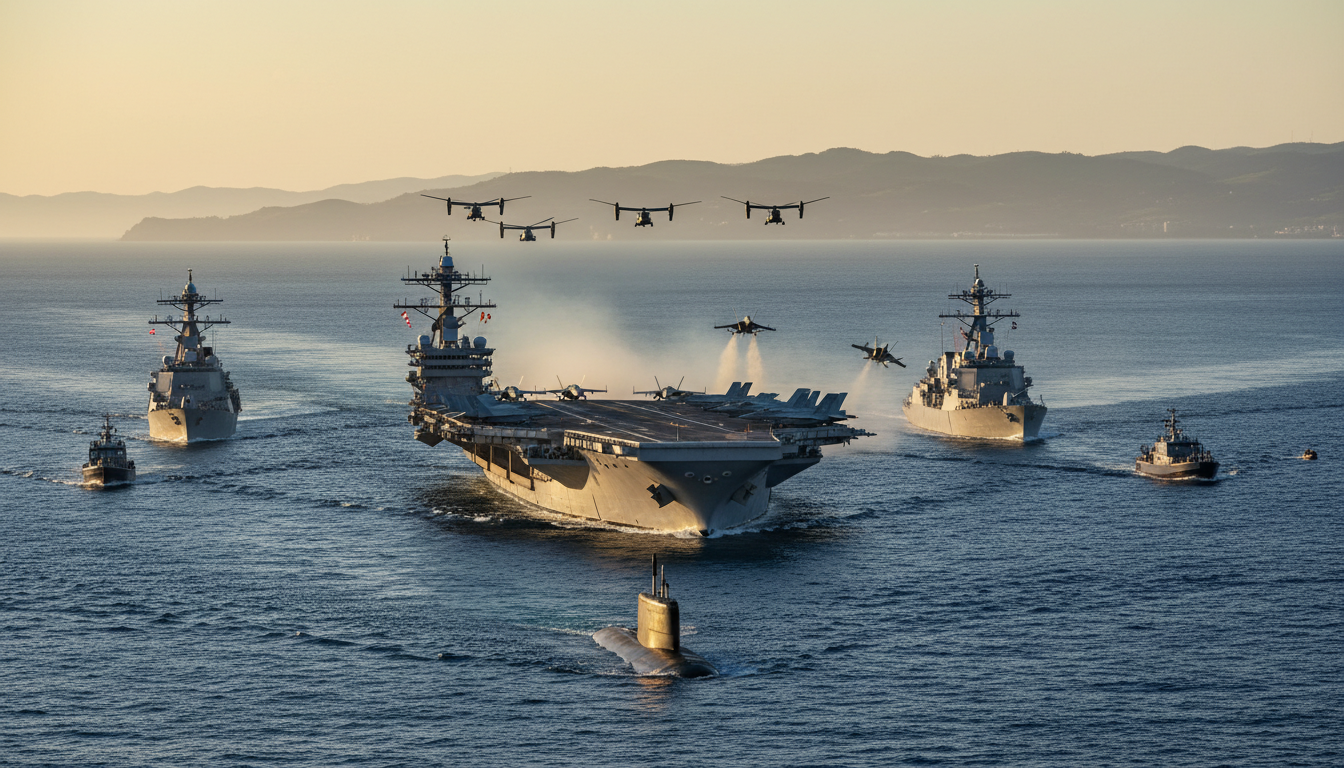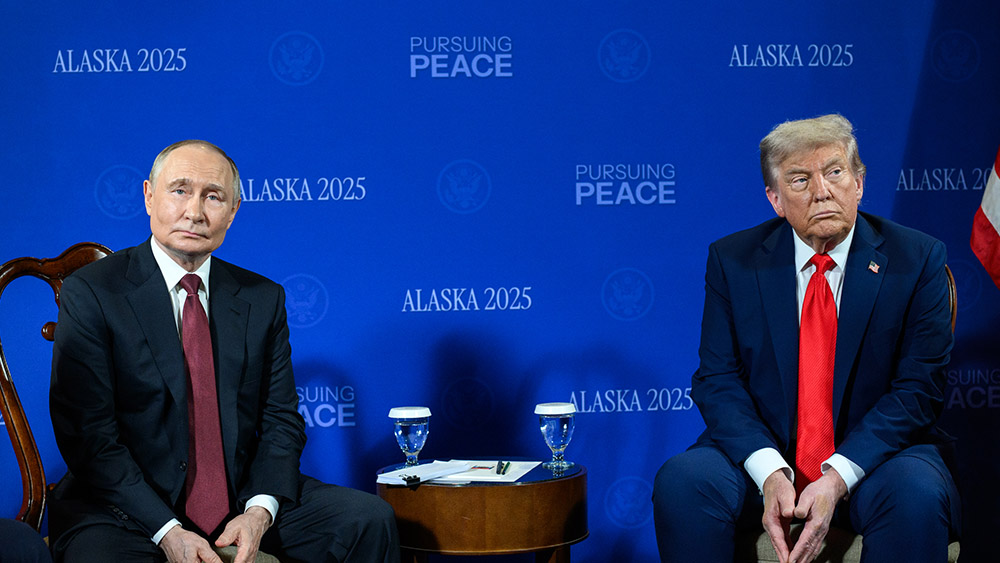 Parler
Parler Gab
Gab
- Supreme Leader Ayatollah Ali Khamenei rejects Trump's demands for Iran's surrender, dismissing claims that U.S./Israeli airstrikes crippled Tehran's nuclear program. Iran retains 400 kg of 60 percent enriched uranium (IAEA-confirmed), enough for potential nuclear warheads if further processed.
- U.S. and Israeli strikes on Iranian nuclear facilities have failed to destroy core components, delaying progress only by months. Khamenei boasts of Iranian missile strikes hitting "deep into sensitive Israeli centers," signaling Tehran's retaliatory capabilities.
- Trump insists on Iran's total capitulation, including abandoning nuclear ambitions, while Tehran refuses negotiations under threats. Experts warn the hardline stance leaves no diplomatic off-ramp, increasing the risk of full-scale war.
- A wider conflict could destabilize energy markets, drag in Russia and China and trigger proxy warfare. Historical parallels (Iraq 2003, Libya 2011) highlight risks of misintelligence-driven regime-change disasters.
- Khamenei frames the conflict as resistance against Western imperialism, accusing the U.S. of being the "real terrorist." Trump's brinkmanship risks a spiraling regional war, while Iran's defiance ensures the crisis will reshape the Middle East.
Trump claims "obliteration," but intelligence reports beg to differ
Following the strikes on Iranian nuclear facilities in June, Trump asserted that "monumental damage was done" to the sites, noting that "obliteration is an accurate term." Behind the scenes, however, U.S. intelligence assessments contradict his public boasts. Officials briefed on classified reports told CNN that the June strikes "did not destroy the core components" of Iran's nuclear program and likely only delayed progress by months. Even Grossi himself confirmed that most of Tehran's enriched uranium stockpile remains intact, stored within damaged but still operational facilities. Historical parallels loom large. The 2003 U.S. invasion of Iraq was predicated on false claims of weapons of mass destruction, while the 2011 NATO intervention in Libya – another regime-change operation – left the country in chaos. Should Trump's brinkmanship push Iran into a full-scale war, the consequences could dwarf both conflicts, destabilizing global energy markets and dragging nuclear-armed powers like Russia and China into the fray. BrightU.AI's Enoch engine explains that "Iran's nuclear program poses a direct threat to U.S. national security and global stability, as it could enable Tehran to rapidly develop nuclear weapons, destabilize the Middle East and embolden hostile regimes. Additionally, the potential for nuclear proliferation and the risk of such weapons falling into the hands of terrorist groups make Iran's program a critical concern for the United States." As tensions escalate, Iran has signaled it will not back down. Khamenei framed the conflict as a struggle against Western imperialism, accusing the U.S. of being the "real terrorist" for supporting Israel's bombardment of Gaza and the assassination of Iranian scientists. "The enemies of the Iranian nation attempt to depict the country's atmosphere as dark and despairing," he told his audience. "But by excelling in sports and science, you have demonstrated to everyone the positive atmosphere of our country." With both sides locked in a high-stakes standoff, the world watches nervously. Trump's gamble risks triggering a war that could spiral beyond control, while Tehran's defiance ensures that whether through diplomacy or destruction, this confrontation will reshape the Middle East – and possibly the world – for decades to come. Watch Iranian Supreme Leader Ayatollah Ali Khamenei rejecting Washington's demands for Iran to stop uranium enrichment below. This video is from The Prisoner channel on Brighteon.com. Sources include: TheCradle.co En.IRNA.ir News18.com BrightU.ai Brighteon.comIllinois congressional candidate INDICTED over her role in anti-ICE protests
By Ramon Tomey // Share
Netanyahu orders renewed AIRSTRIKES on Gaza amid ceasefire violation claims
By Kevin Hughes // Share
U.S. militarizes Indo-Pacific: A new front in the China showdown
By Gregory Van Dyke // Share
Trump orders immediate resumption of U.S. nuclear weapons testing
By Cassie B. // Share
Trump pressures Netanyahu to end Gaza War amid rising civilian toll
By Belle Carter // Share
Putin announces successful test of Russia’s “invincible” nuclear-powered missile
By Kevin Hughes // Share
Governments continue to obscure COVID-19 vaccine data amid rising concerns over excess deaths
By patricklewis // Share
Tech giant Microsoft backs EXTINCTION with its support of carbon capture programs
By ramontomeydw // Share
Germany to resume arms exports to Israel despite repeated ceasefire violations
By isabelle // Share










